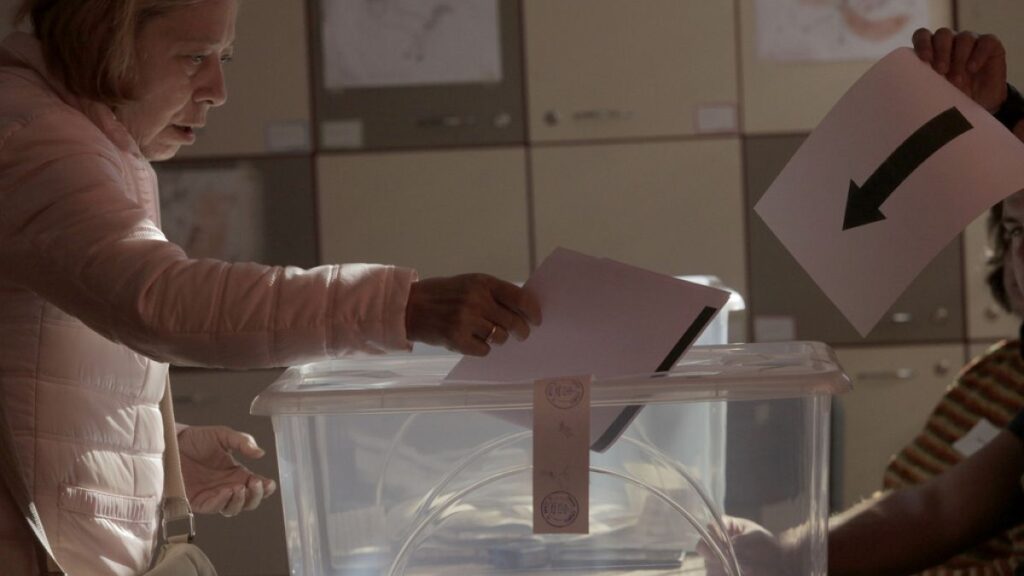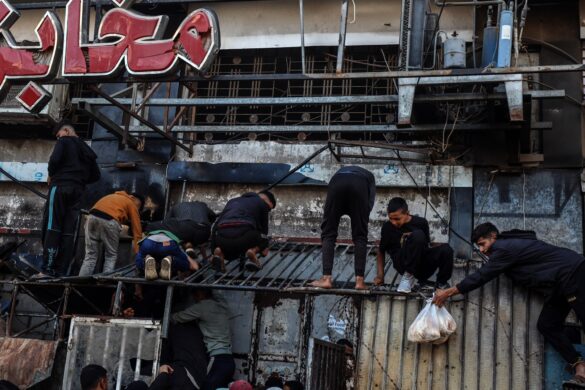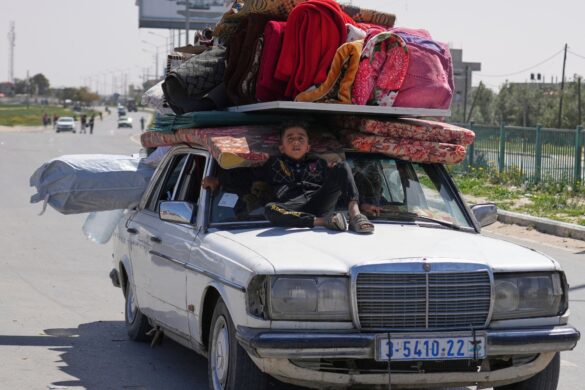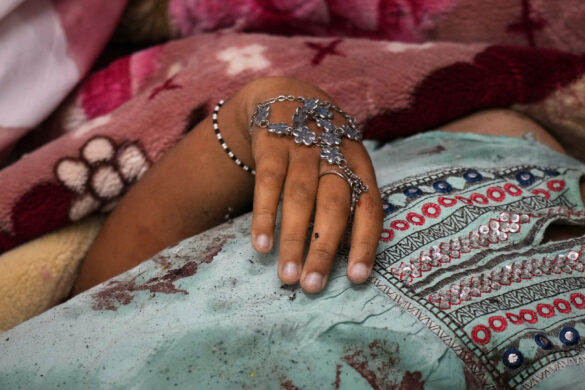The announcement of final official figures could take several days. If the results are confirmed, former Prime Minister Boyko Borissov will receive a mandate to form his fourth government.
The center-right GERB party of the former prime minister Boyko Borissov appears to be the winner of Bulgaria’s parliamentary elections, the country’s central electoral commission said on Monday, with 98% of ballots counted.
The results show that the party GERB obtained 26.5% of the vote, almost 12 percentage points more than the pro-Western reformist bloc led by the “We Continue the Change” party.
Seven other parties also appear to have gained seats in the 240-seat chamber, according to the latest results.
The far-right, ultranationalist and populist Vazrazhdane party (Renaissance or Awakening) came in third place with 13.5% of the votes. Capitalizing on the pro-Russian sentiments shared by many inhabitants of this former communist countryhe demands that Bulgaria lift sanctions against Russia, stop aiding Ukraine and hold a referendum on its membership in NATO.
The Movement for Rights and Freedoms, which traditionally represents Bulgaria’s large Turkish ethnic minority, recently split into two rival factions, one around the party’s founder, Ahmed Dogan, and the other behind the businessman and former media mogul Delyan Peevski, who was subject to sanctions by the United States. Both factions entered Parliament – the first with 7% and the second with 11% of the vote.
The remaining seats will be divided between four small populist and pro-Russian groups, including the Socialist Party, heir to the once all-powerful Communist Party.
It could be several days before the final official results are announced. If the results are confirmed, Mr. Borissov will receive a mandate to form his fourth government.
In his first comment after the vote, Borissov called his party’s victory “categorical” and said he was ready to compromise to form a coalition with all other parties except Vazrazhdane .
But It appears that Mr. Borissov faces an uphill struggle to put together a governing coalition. Political analysts have predicted that the results, which do not differ significantly from the six previous elections held over the past three and a half years, will be followed by difficult coalition negotiations. They do not rule out the possibility of new elections.




